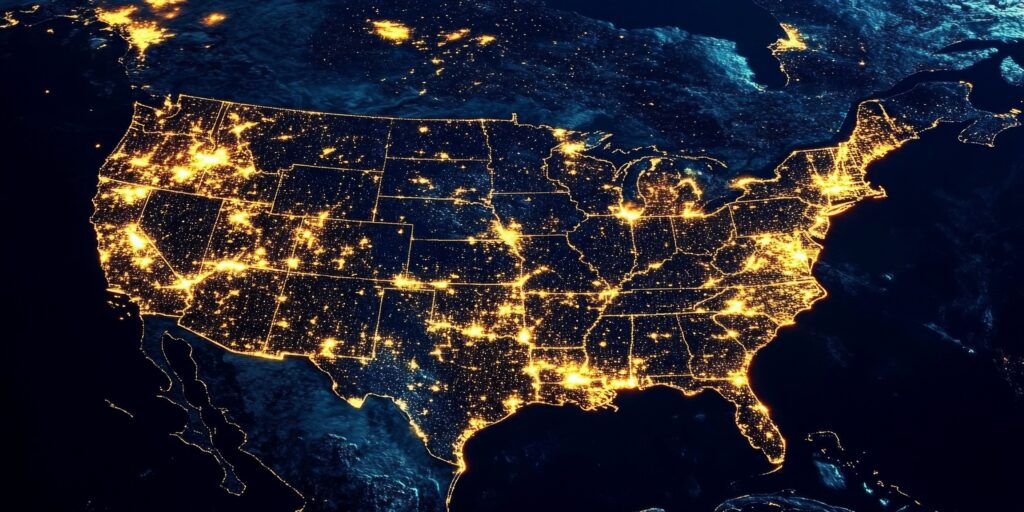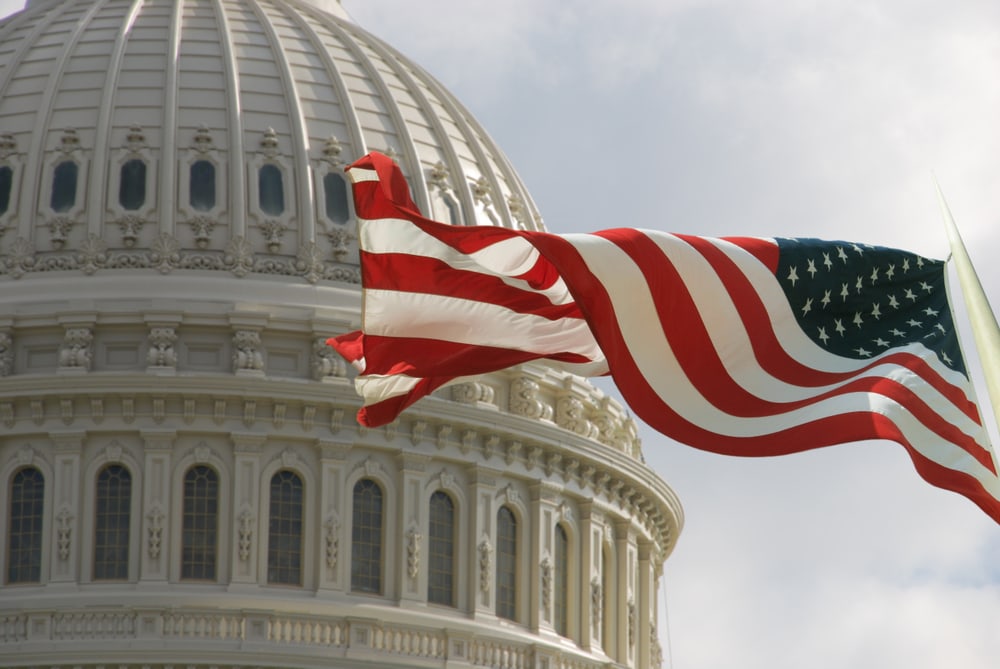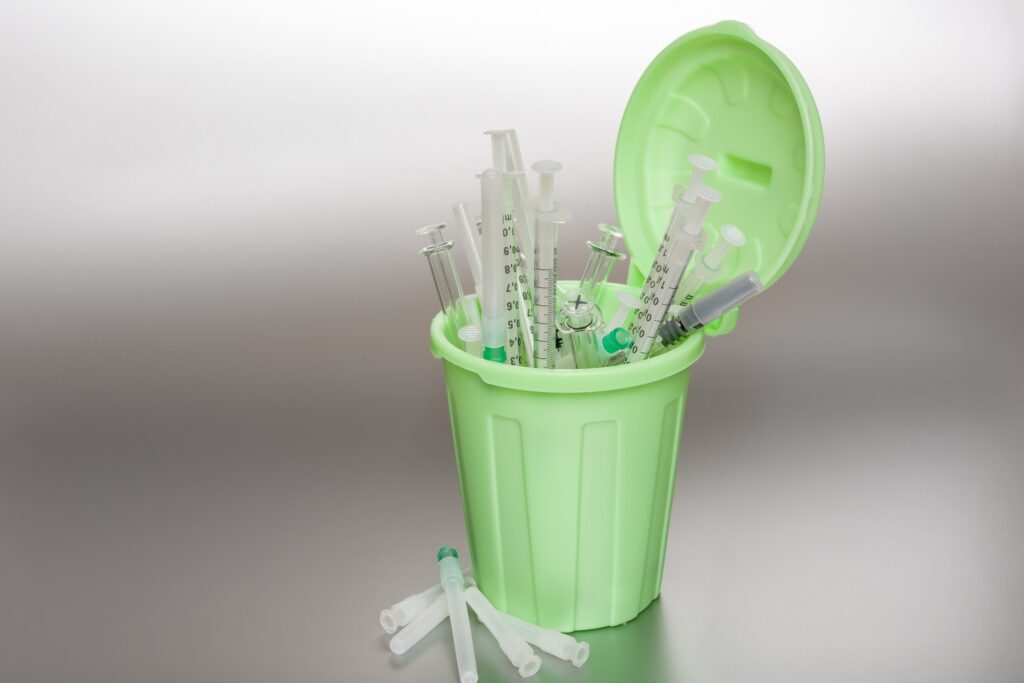In the last several years, 10 states and the District of Columbia have enacted pharmacy access bills, which allow pharmacists to prescribe hormonal contraception directly to women. These efforts expand the scope of practice for pharmacists and increase birth control access—especially for women who may not have a regular physician or cannot afford one.
In South Carolina, half of all pregnancies are unintended. The state also has a low ratio of active doctors to total state population, ranking 36th in the country. Furthermore, women’s healthcare specialists are scarce in South Carolina; almost 30 percent of counties do not have a single OB-GYN.
Pharmacists are capable of providing the blood pressure check and medical history questionnaire required for obtaining a birth control prescription—especially given their expertise in medicines, including hormonal birth control. Allowing pharmacists to prescribe hormonal birth control would therefor help to alleviate the side effects of the healthcare shortage in South Carolina without any additional risks. Such a paradigm also could save a considerable amount of money.
Unintended pregnancies burden taxpayers. In 2010, the medical expenses associated with 78 percent of unintended pregnancies in South Carolina were publicly funded— resulting in a taxpayer burden of over $400 million.
Many within the medical community have endorsed the pharmacy access model. In fact, the American College of Obstetricians and Gynecologists (ACOG) believes that hormonal contraception like birth control pills should be available over-the-counter.
Nevertheless, current South Carolina regulations impede a pharmacist’s ability to perform these examinations, with no credible rationale for doing so.











